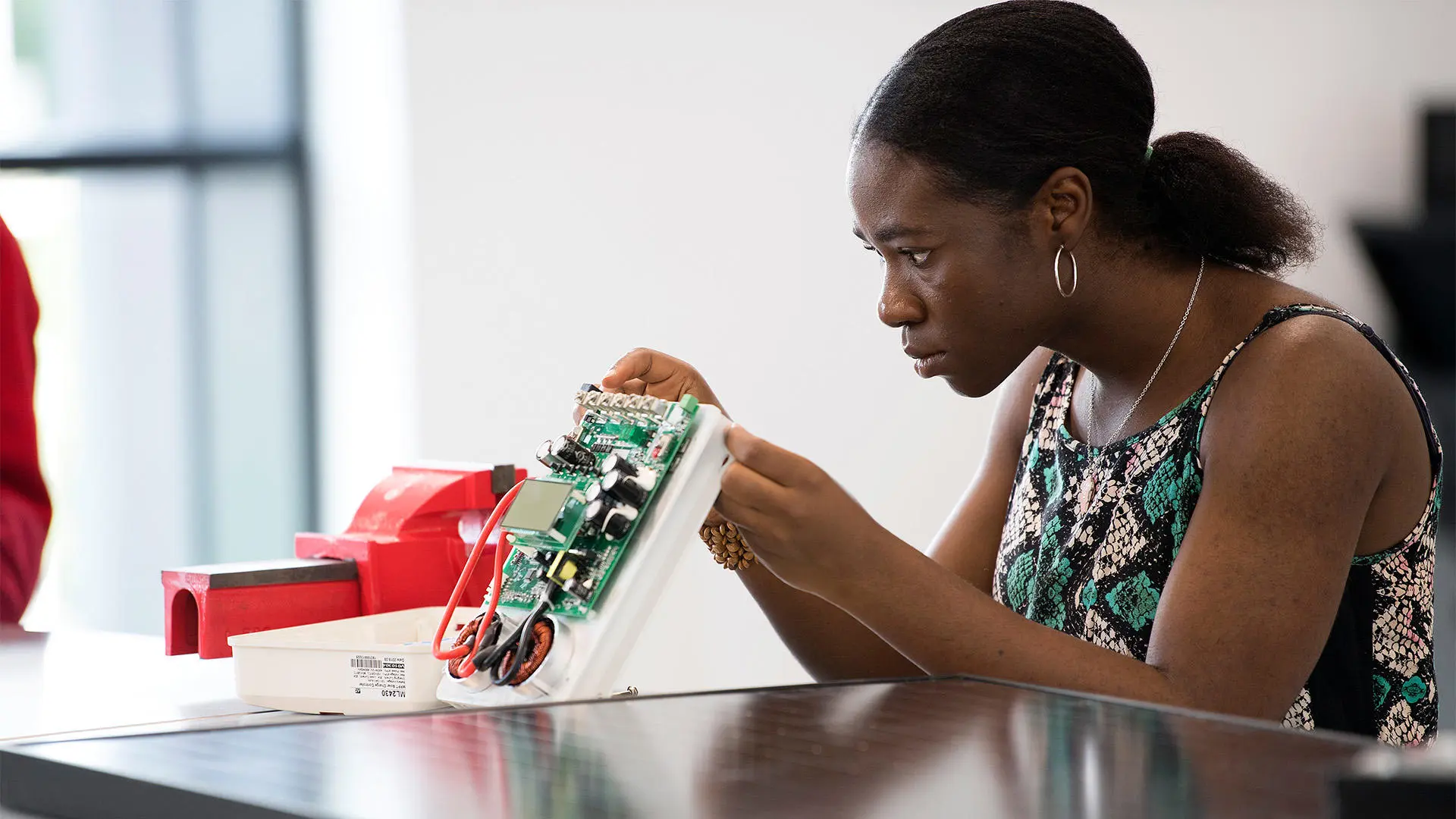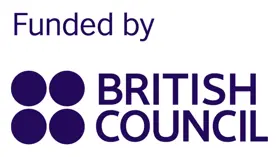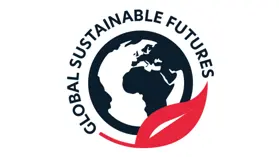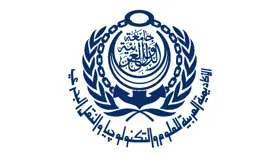The “EmpowerHER” project can potentially create a ripple effect that positively impacts Egypt’s economic development and social welfare by promoting gender equality, fostering innovation, and nurturing a more skilled and inclusive workforce. However, the project’s success will depend on effective implementation, continued support, and collaboration among government, academia and private sector stakeholders.
In the United Kingdom, the project’s efforts to support women graduates in STEM will contribute to a more diverse and skilled workforce. This diversity will lead to increased innovation, better problem-solving, and enhanced creativity in various industries.
By fostering cross-cultural collaboration between the University of Central Lancashire and Arab Academy for Science, Technology & Maritime Transport (AASTMT) Egypt, the project will promote global understanding and create networks of empowered women professionals who can share knowledge and experiences. This exchange of ideas will contribute to more effective solutions to global challenges and create opportunities for international partnerships.
Project aims
Academic team
Project highlights
This AASTMT research project has strengthened collaboration between UK and overseas institutions, especially in areas related to gender equality, STEM education and leadership development. The partnership has enabled institutions to share best practices, exchange ideas across cultures and address shared challenges, particularly in promoting women's participation in higher education and research.
The partnership has provided a platform for both UK and overseas institutions to engage with communities and policymakers. Collaborating with organisations like UNESCO and NGOs across Africa has raised the project's profile and helped build relationships that support systemic change in education and policy. The partnership has fostered discussion on gender-sensitive policies in higher education and research, helping leaders and policymakers identify and address the barriers women face in STEM.
Also, it has strengthened researchers' ability to be more responsive to the specific needs of their countries. By working together on projects with clear, real-world applications, the researchers have gained a deeper understanding of local challenges, from gender inequality, limited access to STEM education, or lack of resources.
This specialist expertise has empowered researchers to develop solutions that are topical and sustainable, ensuring that the research outcomes contribute to the social and economic development goals of the participating countries.



